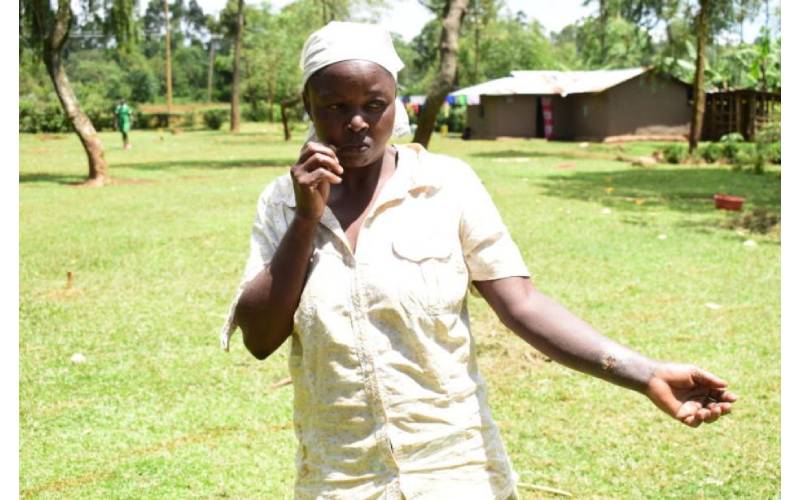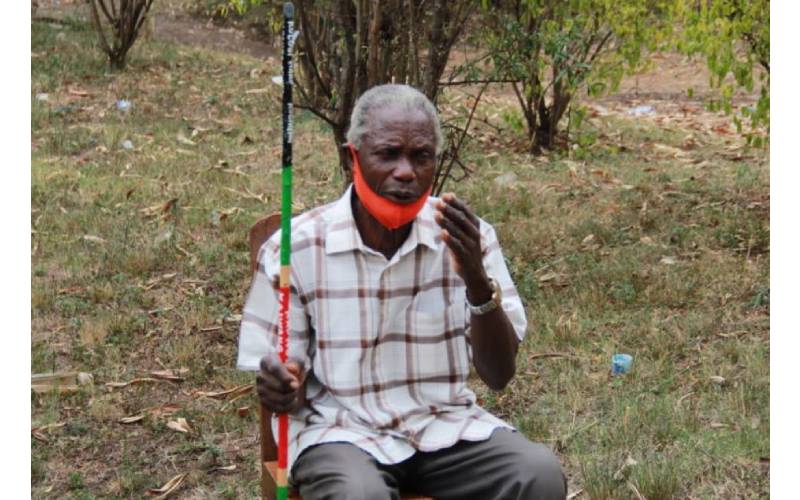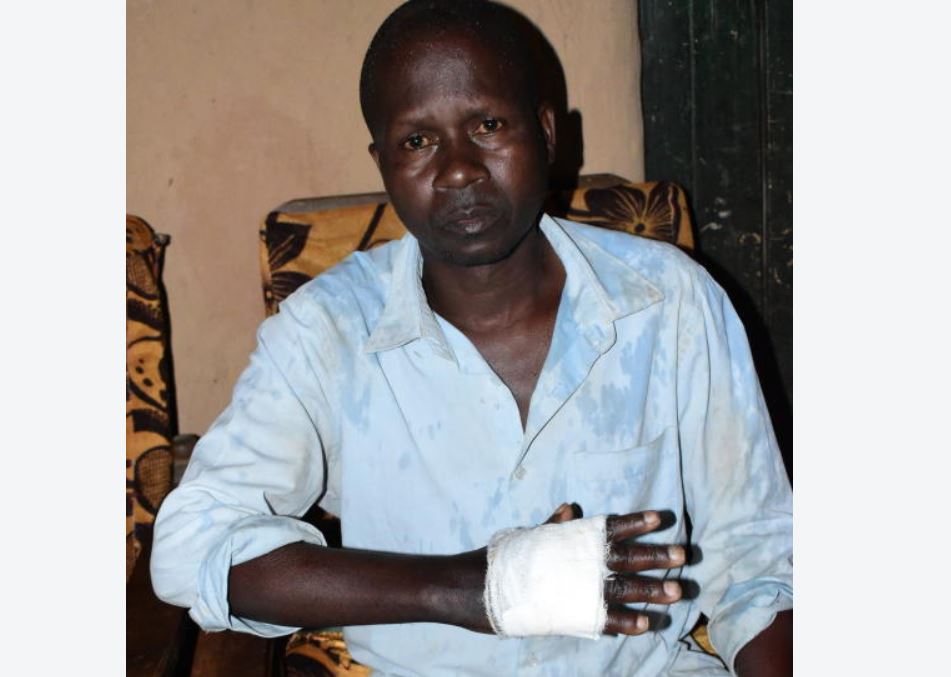
Strange things happen in this world. On February 9 all looked formal in a Bungoma Magistrate’s court until the mitigation by a man charged with assault came. Jacob Sifuna admitted to having assaulted his friend Baraza Wangalwa and in defence said he had a compelling reason to punch his friend in the face.
“Wangalwa is my brother, we have drunk and done many things together but on this day, he was chewing cane in a (Busaa) drinking den. I had to beat him as he is not a child to do such,” he said.
“I, however, regret that I injured him and ask for a lenient sentence.”
Out of curiosity the court prodded him further, “What is in chewing sugarcane in a drinking den?”
“That act has negative consequences. Anytime a person chews cane there is a high likelihood that police officers will run over the place and arrest everyone on site,” he answered.
“Sifuna, you are sentenced to a six months’ probation because you are a first time offender but your explanation of chewing sugarcane in drinking dens sounds hollow,” said the magistrate.
Hollow or not, such laws have governed drinking dens for generations as Mzee Jarongo Okumu an elder from Homa Bay County attest. Okumu, 97, says local brew has for long been viewed as sacred and pouring it on someone brings social consequences to the one who did it.

“I cannot pour Mbare or Adhing’a on fellow elders during a drinking session. It shows that I am irresponsible. Self-respecting men have to drink as much as they wish but keep sober,” he said.
“In worst cases you can run mad if you do so.”
He says the local brew should be taken using traditional straws or oseke in the Dholuo language, which is to be handled gingerly lest it breaks and brings calamity. The sitting arrangement at drinking dens mattered especially in the “old good days” as Okumu puts it. It was set in a manner to reflect unity and seniority in the community rank.
You could not just pop in, sit on a random stool or join tables like people do in conventional bars.
“You were to be invited to the drinking pot. A man who had one wife had his seat near the door, his back facing the entrance as the polygamists and persons of rank took position that faced the doorway,” said Okumu.
The reason behind the arrangement was that a monogamous man would easily break the straws and pour alcohol in case he received news that his wife had given birth or even died. It was also a convenient spot for him in case of errands. Okumu, however, regrets the protocols are being broken by the day “the reason why young people are competing with elders to drink and in the process lose respect for one another.”
The people of rank like chiefs, medicine men, rain makers and the like were to face the door for a vantage position to see an oncoming enemy. Talking of enemies, the greatest enemy of the brew in recent times has been the local administration.

The administration, however, appears knowledgeable to some of these weird regulations governing the local brew industry especially that of not breaking a local brew brewing pot.
“I was in Kilifi in the early 2000s when the district security team summoned us for a raid in Mnazi joints. A zealous officer happened to kick open a Mnazi alcohol pot. We arrested a dozen and handed them for prosecution, all was routine until the zealous young man’s feet started swelling,” said Titus Ayoti, a retired prison officer.
The swelling continued for months, according to Ayoti until an officer who hailed from the Coastal area offered what proved to be a workable remedy.
“He asked the zealous officer to go apologise to the brewer for the act of breaking the pot. He was healed,” said Ayoti. “I concluded some of these strange rules have a place in the traditional brewing sector.”
A similar conclusion is what has hit a village in Kakamega who woke up to the realization that some of its members were developing boils and swellings on the body. They noted that the illness squarely targeted their relatives who took chang’aa in Shina village of Shinyalu Sub-county. A closer look revealed that the boils affected those who were suspected to have drunk stolen liquor in August 2020.
“All those people who developed boils were bewitched, let’s not hide this,” said Silas Mukofu the village elder.
And he had reason for his belief: “I summoned the owner of the stolen alcohol and convinced her to forgive and free the affected from the spell, but she said she had no hand in it.”
Two of the about ten who consumed the stolen brew have since come out to speak. Patrick Kweyu Ingosi and Adelaide Lichoti confess that they drank, but never stole the Chang’aa.
“Someone brought it to us. We drank with a clear conscience,” they said.
At play many believe is the cardinal rule that forbids one from stealing brew whose owner is known.
 The Standard Group Plc is a multi-media organization with investments in media
platforms spanning newspaper print
operations, television, radio broadcasting, digital and online services. The
Standard Group is recognized as a
leading multi-media house in Kenya with a key influence in matters of national and
international interest.
The Standard Group Plc is a multi-media organization with investments in media
platforms spanning newspaper print
operations, television, radio broadcasting, digital and online services. The
Standard Group is recognized as a
leading multi-media house in Kenya with a key influence in matters of national and
international interest.









